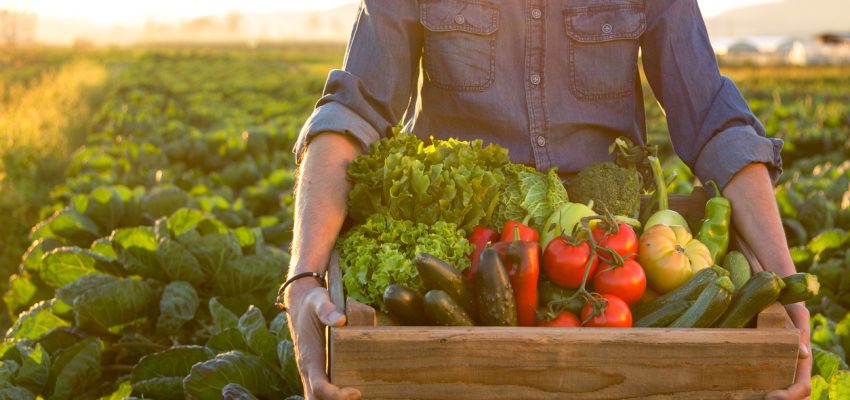The popularity of the ketogenic diet has been tainted with criticism from environmentalists. The reason for this is that the keto diet promotes eating vegetables and meat and abandoning carbs. Meat has the biggest impact on the environment. Meat production is responsible for 18% of all human-generated greenhouse gases. Producing red meat from a cow requires 25 kilograms of grain– and roughly 15,000 litres of water. A massive 30% of the earth’s land surface is currently utilized to farm animals and more vital rain forests are cleared every day to make way for cattle farming.
The keto diet has many health benefits, especially for those suffering from diabetes, and can have a positive impact on your health. A healthy diet must also be accompanied by an exercise regimen. Use this Zumba Calculator to see how many calories you burn. If you are intent on following the keto diet, here are some ways to minimize your impact on the environment.
Careful Selection of Meat
White meat such as chicken and pork have less impact on the environment and will help you to eat sustainably. A new study found that red meat is ten times more damaging to the environment than chicken and pork. If you must opt for red meat, go for organic, grass-fed beef.
Be Local Friendly
Buying local is a no-brainer on so many levels. By supporting local farmers, you bolster the economy in your own community and improve your sustainability. Shopping local means you can ask your local farmers how they grow their vegetables, fruit and meat and ensure that they are organic and safe.
One of the biggest advantages of buying local is that the food you eat hasn’t got a huge carbon footprint. Many exotic products and fruits and veggies that we enjoy out of season have to travel long distances which increases their impact on the environment.
They also have to be treated with preservatives to ensure they make the journey, so they are not as healthy for you.
Start With Veggies
When you are on the keto diet you need to avoid veggies that are high in starch and carbohydrates. However, you need to eat 7-10 servings of veggies and fruit every day. Consult your keto specialist to find which veggies, fruits, nuts and seeds are free from carbohydrates.
Using a simple keto calculator will allow you to determine the best veggies for an environment-friendly keto veggie meal.
Limit Your Dairy Consumption
There’s nothing wrong with drinking milk or eating cheese while you are on a keto diet. Opt for organic dairy and dairy from grass-fed livestock to reduce your impact on the environment. These products will also be free of plastics and antibiotics that can be harmful to your health.
Avoid Packaged Ingredients
Natural foods over processed foods is a mantra that will reduce your impact on the environment, reduce the amount of waste you produce and improve your health. Processed foods have a higher carbon footprint, they aren’t as healthy for you and their packaging ends up in the landfill or, worse still, in the ocean.
Caring for the environment is our responsibility. Even if you are not into the keto diet, you still have to ensure that we can sustain our natural resources.




